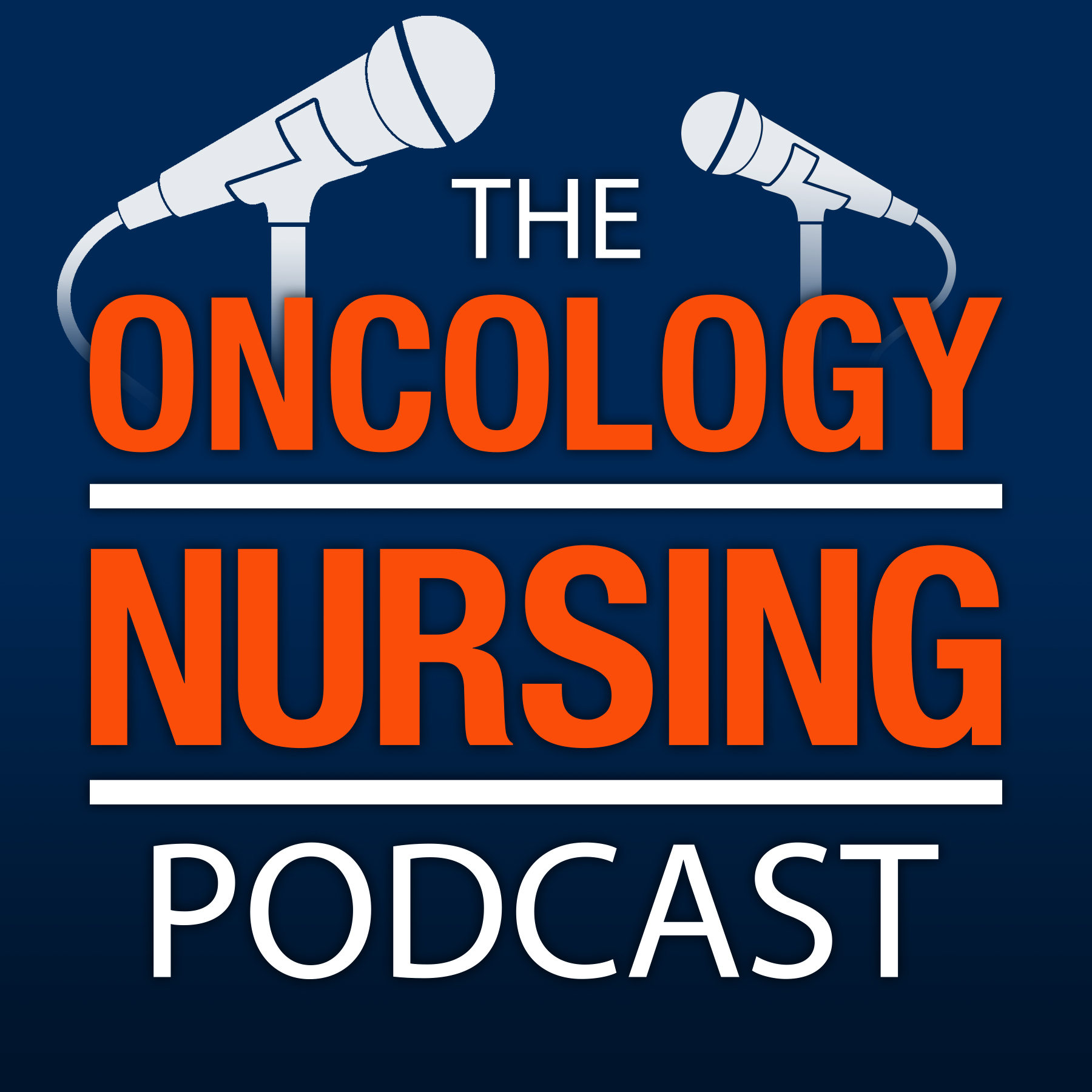
Shownotes Transcript
“I think the horizon, the trends that we are seeing today, are indicating that this technology is just going to explode and be integrated into everything we do in nursing or beyond. Many of the things with nursing are going to change significantly for us, which has already started,” Maxim Topaz, PhD, MA, RN, FAAN, Elizabeth Standish Gill Associate Professor of Nursing at the School of Nursing and The Data Science Institute at Columbia University in New York, NY, and senior scientist at VNS Health, told Jaime Weimer, MSN, RN, AGCNS-BS, AOCNS®, manager of oncology nursing practice at ONS, during a discussion about nursing’s contributions and opportunities to shape in AI in health care.
You can earn free NCPD contact hours after listening to this episode and completing the evaluation linked below.
Music Credit: “Fireflies and Stardust” by Kevin MacLeod
Licensed under Creative Commons by Attribution 3.0
Earn 0.75 NCPD contact hours of nursing continuing professional development (NCPD), which may be applied to the nursing practice, oncology nursing practice, or professional practice/performance ILNA categories, by listening to the full recording and completing an evaluation at myoutcomes.ons.org by October 13, 2025. The planners and faculty for this episode have no relevant financial relationships with ineligible companies to disclose. ONS is accredited as a provider of NCPD by the American Nurses Credentialing Center’s Commission on Accreditation.
Learning outcome: The learner will report an increase in knowledge related to the nurse’s role with AI in health care.
Episode Notes
Oncology Nursing Podcast:
ONS Voice articles:
Clinical Journal of Oncology Nursing article: Technology and Humanity
Oncology Nursing Forum article: Artificial Intelligence for Oncology Nursing Authors: Potential Utility and Concerns About Large Language Model Chatbots
Topaz’s project on natural language processing: NimbleMiner: An Open-Source Nursing-Sensitive Natural Language Processing System Based on Word Embedding
Harvard Business Review article: The Power of Natural Language Processing
Nursing and Artificial Intelligence Leadership (NAIL) Collaborative
Platforms for courses on AI:
To discuss the information in this episode with other oncology nurses, visit the ONS Communities.
To find resources for creating an ONS Podcast Club in your chapter or nursing community, visit the ONS Podcast Library.
To provide feedback or otherwise reach ONS about the podcast, email pubONSVoice@ons.org.
Highlights From Today’s Episode
“So, today, I think this technology advances every week. There are updates for this technology, specifically ChatGPT technology, that are not incremental, I think, they’re pretty evolutional, though, and are making me excited about this field. I was excited before, but I was very skeptical, actually, before the recent advancements in the last year or so about our ability to get to a place where we would interact with those large language models.” TS 10:31
“My goal right now is to try to see how we use this technology appropriately for nurses in general, including oncology nursing. The use cases that I can see are more multiple, and one thing is generating the summary of your care. If the interaction between you and the patient can be recorded, then some summary can be generated. Now in oncology, there are a lot of things that machine learning in general, including technologies like ChatGPT, can do.” TS 13:35
“When we build machine learning models using the secondary data that kind of captures those biases, then this propagates. So their ability, those machine learning models, they just learn patterns from data. So, they’re going to be biased as well as the data that goes in, basically.” TS 18:25
“You need to think about your population. You need to think about your specific setting. You need to think about what are the historic factors that kind of influence what's going on in practice. And, what is your kind of moral compass. And then, you make decisions about how to fix the machine learning algorithm.” TS 22:04
“The field that, today, kind of the name for this field, I think, is changing to AI, right. They used to call this informatics. So, you know, that's kind of traditional name, right, that is what you would search for on those platforms, so like healthcare informatics, right. I have a course on eDEX. This platform that thousands of people from more than fifty countries have taken and learned about informatics.” TS 35:33
“[In terms of nurses] thinking about ethical aspects and thinking about some of the biases that can be embedded in the technology, we’re really good at this. I would definitely encourage nurses that are seeing explosion of this technology to think about those trends and not just blindly apply this knowledge in practice, but think about what implications does it have for our patients? So having the patients in mind, having the person in mind, is kind of that central thing. And that’s what we're doing every day.” TS 42:08